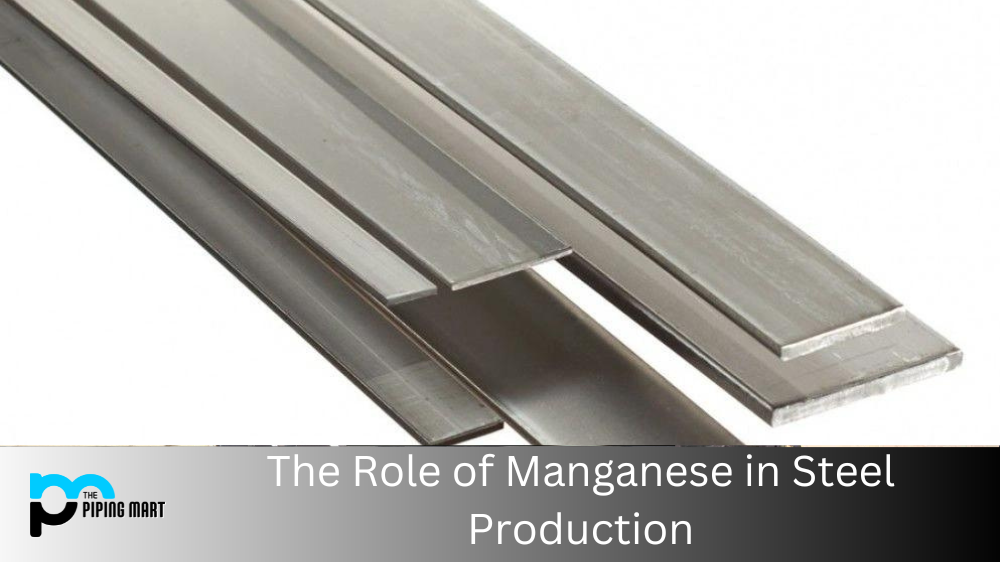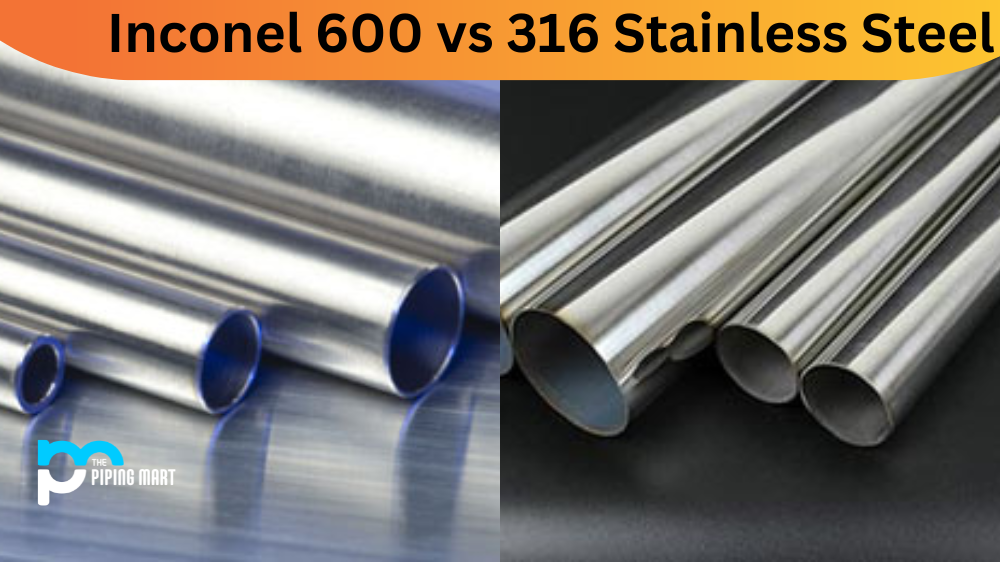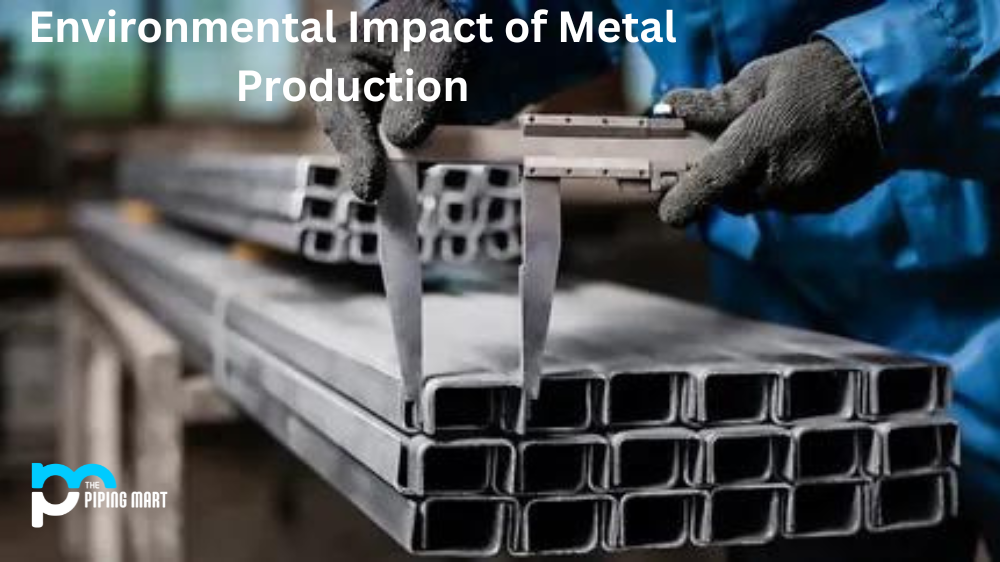Steel is one of the most important materials in modern production, and manganese plays a key role in the steel-making process. Without manganese, producing steel with the necessary properties would be impossible. In this blog post, we’ll discuss why manganese is such an essential element for steel production and how it impacts the strength and durability of this versatile material.
What Is Manganese?
Manganese is a chemical element found naturally in many rocks and soils. It is an essential nutrient for plants, animals, and humans alike. As for its use in steel production, it acts as a deoxidizer that helps reduce oxygen levels during manufacturing. This makes it easier to form strong bonds between molecules during smelting and increases the malleability of steel when it cools.
Moreover, manganese serves as a sulfur scavenger by forming insoluble sulfide compounds in liquid iron. These compounds help increase the strength of steel by reducing brittleness caused by sulfur impurities. The presence of these metals can also improve ductility (the ability to deform without breaking) which is essential for many industrial applications requiring high-impact resistance or flexibility under pressure. Additionally, manganese helps increase hardenability – or the ability of steel to become harder after heat treatment – which makes it ideal for applications like cutting tools or automotive parts that require extreme wear resistance over time. Finally, manganese can act as a grain refiner; adding small amounts can decrease grain size, improving tensile strength and yield strength while increasing toughness or shock resistance. All these benefits make manganese an indispensable ingredient in modern steel production processes.
How Much Manganese Is Needed?
The amount of manganese required depends on the grade and type of steel produced and other elements present, such as carbon or silicon. Generally speaking, higher grades tend to require more manganese content than lower grades since they are intended for more demanding applications like construction projects or heavy machinery components where additional strength properties are needed for optimal performance. Generally speaking, low alloy steels will typically contain up to 0.50% Mn, whereas high alloy steels may contain up to 1-2% Mn depending on their design requirements. Despite its importance, too much manganese can negatively affect steel production, so careful control must be exercised when adding this crucial ingredient into molten metal mixes during manufacturing processes.
Why Is Manganese Important for Steel Production?
Manganese content in steel is important because it increases its strength while simultaneously making it easier to form and weld. It also improves both hot and cold rollability, which makes it easier for manufacturers to manipulate and shape into different forms. By adding manganese, manufacturers can create higher quality products that are more durable, cost-effective, and reliable than their competitors’ offerings.
Besides these benefits, manganese also adds various aesthetic advantages, such as improved color stability (it prevents rust), better machinability (enabling precise cuts), and improved surface finish (making it look aesthetically pleasing). All of these features make steel with high levels of manganese ideal for use in large projects such as bridges or skyscrapers where durability matters most.
What happens when Manganese is added to Steel?
Manganese is a critical element when it comes to steel production, as it serves an essential role in improving the strength and hardness of steel. When steel manufacturers add Manganese to their mixture, they are essentially introducing Manganese into the chemical composition of the steel itself. Manganese helps to create stronger bonds between atoms, reinforcing the internal structure of the metal and producing a stronger material overall. As Manganese does not have much effect on cost or quality for more typical projects outside heavy industry, it is usually used purely for strength developments, making Manganese an excellent choice for engineering applications where quality and durability is more important than simple cost-effectiveness.
Conclusion
Manganese plays an essential role in modern-day steel production due to its ability to act as a deoxidizer, sulfur scavenger, strengthener, and grain refiner all at once! By controlling oxygen levels during smelting, forming sulfide compounds that aid with strength properties, and refining grains to improve toughness & shock resistance, this versatile metal helps create stronger & more durable steels suitable for many different industrial applications from construction projects to heavy machinery components with superior wear resistance over time! Although exact quantities may vary depending on grade & type, careful control must be exercised when incorporating this vital ingredient into molten metal mixes during manufacturing processes – too much can have negative effects on yield & tensile strengths making precise measurements critical! In summary, modern-day progress is only possible by including this multi-functional metal into our evermore advanced structural materials!

Pipingmart is B2B portal specializes in industrial, metal and piping products. Also, share latest information and news related to products, materials and different types grades to help business dealing in this industry.




